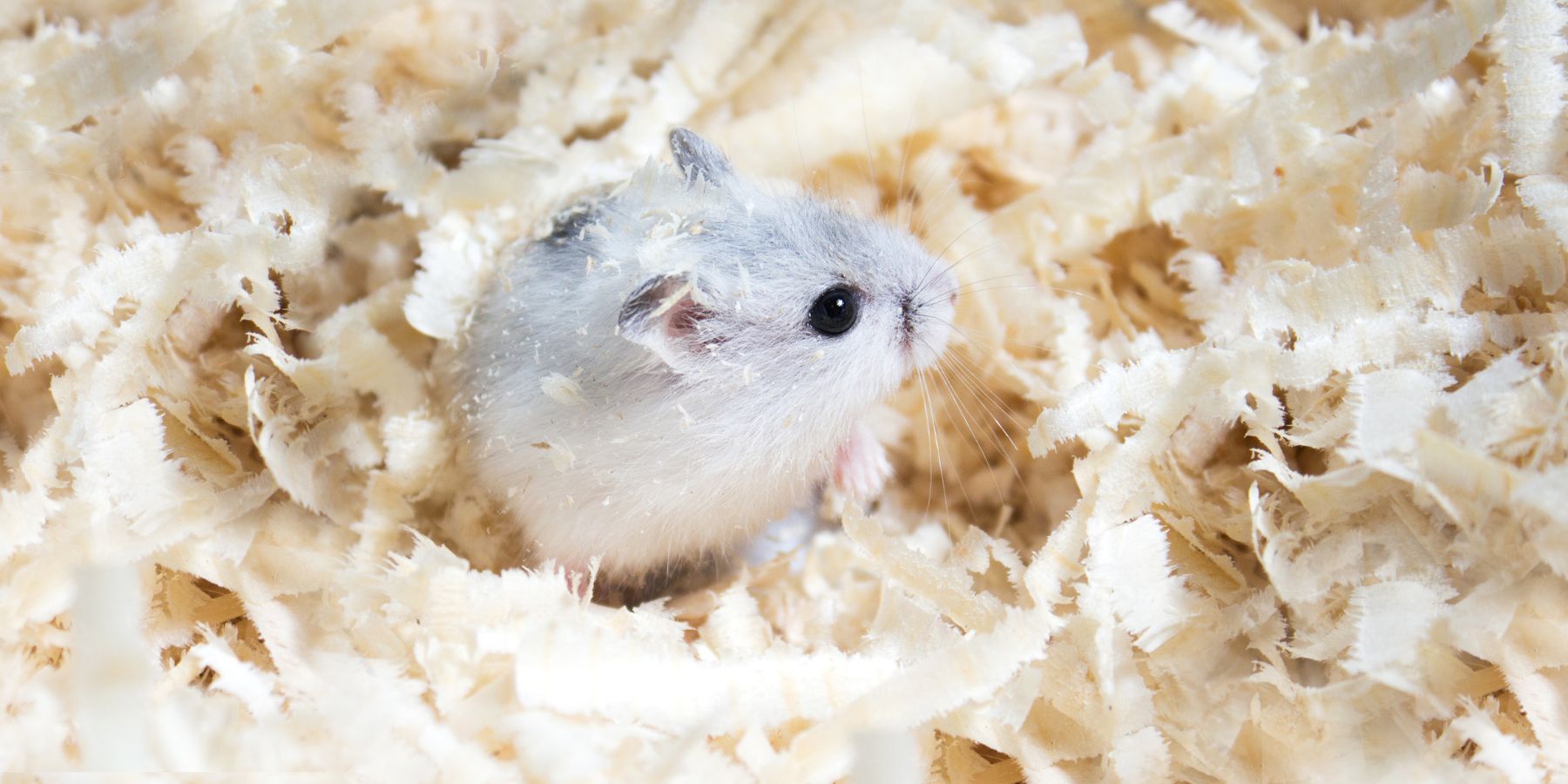Hamsters are popular pets, known for their playful nature and adorable appearance. To ensure your hamster lives a happy and healthy life, it’s important to understand their needs. This guide covers everything from their living environment to diet and exercise, including the importance of a clean hamster cage.
A Comfortable and Safe Living Space
The first step in ensuring a happy life for your hamster is to provide a comfortable and safe living environment.
Cage Size and Type
Choose a cage that’s spacious enough for your hamster to move around freely. A minimum of 450 square inches of floor space is recommended. Wire cages with a solid base or aquarium-style cages are good options.
Bedding and Nesting Material
Soft bedding is essential for your hamster’s comfort. Use paper-based or aspen bedding, and avoid pine or cedar shavings. Provide nesting material like unscented toilet paper for them to build a cozy nest.
Proper Diet for Nutrition and Health
A balanced diet is crucial for your hamster’s health.
Hamster Pellets
A diet based on high-quality hamster pellets will ensure they get all the necessary nutrients.
Fresh Fruits and Vegetables
In moderation, offer fresh fruits and vegetables as treats. Avoid sugary or high-water content foods, as they can cause health issues.
Occasional Treats
Offer treats like nuts or seeds occasionally. Remember, treats should not make up more than 10% of their diet.
Regular Exercise and Stimulation
Hamsters are active creatures and need regular exercise to stay healthy.
Exercise Wheel
An exercise wheel is a must-have in your hamster’s cage. Ensure it’s the right size and solid-surfaced to avoid injuries.
Toys and Exploration
Provide toys and accessories for mental stimulation. Tunnels, bridges, and chew toys can keep your hamster entertained.
Cleanliness and Hygiene
Keeping your hamster’s living space clean is essential for their health.
Regular Cage Cleaning
Clean the cage at least once a week. A clean hamster cage prevents the buildup of harmful bacteria and keeps the environment pleasant and hygienic.
Sand Baths
Offer a sand bath for your hamster to clean themselves. It helps in keeping their fur clean and free from oil buildup.
Handling and Social Interaction
Gentle handling and social interaction play a significant role in your hamster’s happiness.
Gradual Taming
Spend time each day gently handling your hamster to build trust. Be patient and allow them to get comfortable with you at their own pace.
Recognizing Their Personality
Each hamster has a unique personality. Some may be more sociable, while others are more independent. Respect their individuality and interact with them accordingly.
Monitoring Health and Well-being
Regular health checks are important to catch any signs of illness early.
Look for Changes in Behavior
Monitor your hamster for changes in behavior, appetite, or activity levels. These could indicate health issues.
Regular Vet Visits
Schedule regular visits to a veterinarian who is experienced with small animals. They can provide health checks and valuable advice on hamster care.
Conclusion
A happy life for your hamster involves a combination of a comfortable living environment, a balanced diet, regular exercise, cleanliness, and social interaction. By understanding and catering to their needs, you can ensure your furry friend enjoys a fulfilling and healthy life.


